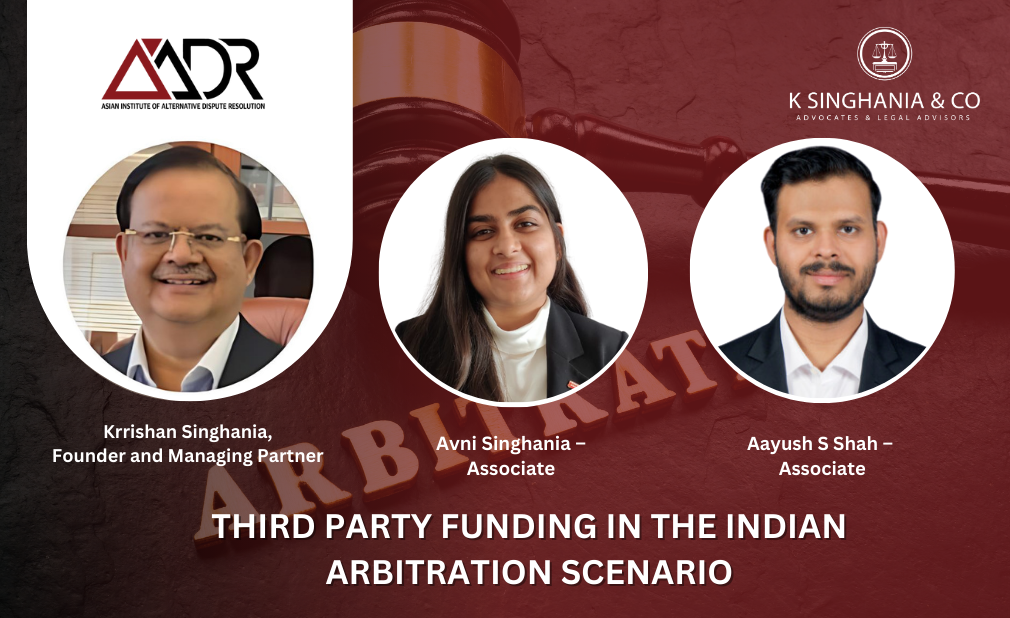In a significant development to improve India’s intellectual property regime, rules for registering trademarks have been simplified. This is a step in the right direction as it would boost the ease of doing business.
Now you can register the trademark as “Well Known” and Save potential litigation cost. The registration fee of Rs 1 lakh is insignificant if compared to the savings in potential litigation costs.
New rules permit companies to apply for their trademark to be recognized as a ‘well-known’ one. In simple terms, a well-known trademark is one that is well recognised and any infringement could result in misleading the public, something like the half-eaten apple symbol or the three slanted bars from a popular sportswear manufacturer.
This is a positive move as it will allow bigger brands, especially ones with trans-border reputation, to file applications claiming that they have achieved the standing of a well-known mark.
Prior to this notification, any trademark was held as ‘well-known’ by courts only consequent to a dispute regarding its use, such as when another party applied for registration of the same or similar trademark. ‘Amul’ for instance, was given the status of a ‘well-known’ mark, owing to infringement of the mark in the name of ‘IMUL’ by another milk cooperative. Watch manufacturer ‘Rolex’ got a favorable order from the Delhi high court, which recognized ‘Rolex’ as a well-known mark, and restrained Alex Jewellery from using this name for artificial jewelry as it could be misleading the public. While many Indian companies who have already registered their trademarks will continue to get protection against registration of conflicting trademarks, the rules will be a boon to foreign companies that do not have a registered trademark in India but at the same time wish to protect themselves.
Through the process of registration of well-known trademarks, it will now be easier for the publication to protect its globally recognized trade name. This should also reduce the cost of opposition as, typically, the registrar will cite the registered well-known trademarks as conflicting marks to subsequent applications.
When a trademark is recognized as a well-known trademark, its owners can stop infringement in respect of any goods or services even if they are not related to identical or similar goods of the trademark owner.
Larger companies should now get their trademarks (already filed or registered) recognized as a well-known trademark as it will save the potential litigation cost.






